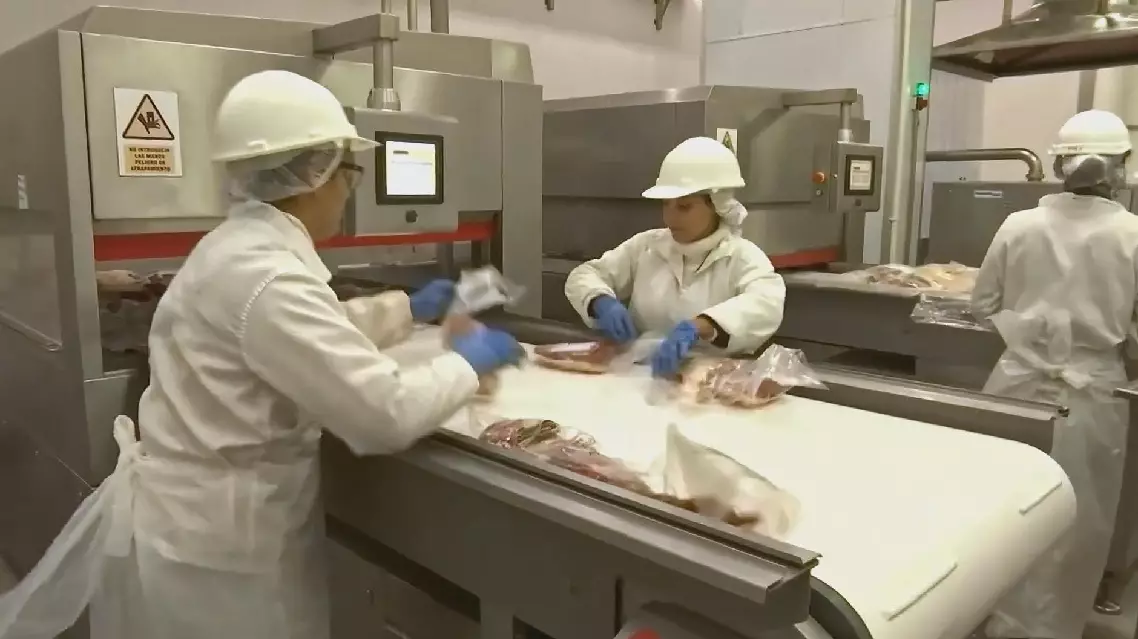Uruguay is exploring new export destinations, with China emerging as a key market for its beef exports, as fresh tariffs imposed by U.S. President Donald Trump's administration have once again created uncertainty for exporters in the South American country.
The 10 percent tariff increase threatens to affect the trade between Uruguay and the United States, especially for key products such as beef, which in March accounted for almost 50 percent of the country's exports to the United States.
Uruguay’s National Meat Institute (INAC) highlights the industry's adaptability, quickly adjusting its exports destinations based on market developments.
"Uruguay and its industries have a very strong practice of constantly adapting for those commodity products that make up a large volume of exports, sending products to markets offering better prices. So, if the United States worsens the prices due to tariffs, the export destinations are immediately adjusted," said Gastón Scayola, INAC president.
Meanwhile, an official Uruguayan delegation has recently participated in the fifth China International Consumer Products Expo (CICPE), reaffirming the South American country's interest in the Chinese market.
In March, China was once again the main destination for Uruguayan exports, with exports value standing at 212 million U.S. dollars, a 35 percent increase over the same period of last year.
Pulp led the way among all exports to China, but beef and its byproducts also maintained a strong performance. This growth reveals not only the scale of the Chinese market, but also its stability and its emergence as a strategic partner for the Global South.
"It's clear that the world is much more interconnected. Many of the U.S. traditional trade partners have already had other alternatives, particularly with China and other Western countries, and those ties will actually end up being strengthened, for example, through the opportunities currently emerging within the Global South," said María Noel Sanguinetti, an economist.
Renowned for its premium quality, Uruguayan beef is gaining growing international acceptance. The beef industry accounts for 10 percent of the country's GDP, provides employment to 10 percent of the country’s population, and nearly 80 percent of production is exported.
But beyond the numbers, its real advantage lies in its full traceability and natural production methods and the beef is free from hormones and antibiotics. All these qualities are increasingly valued by markets seeking safe and sustainable food.
"In fact, this is what the market values in general, and it seems that China's interest in these aspects is growing -- that food is healthy, that this beef contains no artificial substances, no hormones, no antibiotics. Thanks to the traceability system, we can monitor this individually, and I would say that no other market in the world has been able to match it," said Leonardo Bove, a livestock producer.
In a global landscape where the rules of trade are being redefined, Uruguay reaffirms its commitment to quality, traceability, and responsible openness. Along this path, China stands out as a key ally, as it is stable and willing to value what Uruguay best offers.

Uruguay may increase beef exports to China amid uncertainty from US tariffs




















































